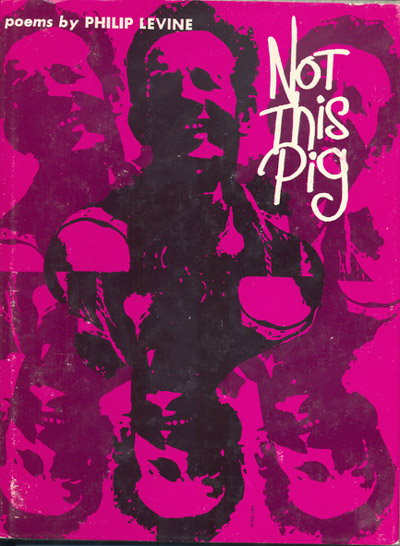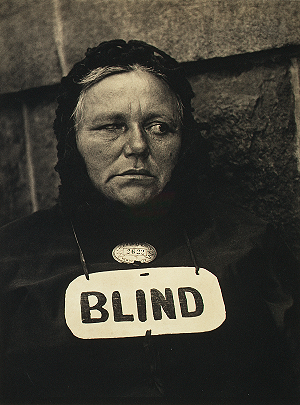I’m still catching up on news and media I missed last week while I was pondering media theory at MiT7.The conference’s fundamental issue crystallized for me during the Saturday night forum (Power and Empowerment) when Richard Rogers invoked the phrase “participatory surveillance to” suggest the dark side of platforms monetizing user-generated content (a.k.a. “hamster cages”). Unbeknownst to me at the time was last week’s edition of On the Media, devoted to data, with a story on The Personal Data Revolution. It makes me wonder, whose revolution is it, anyway, and whose wallet should I watch?
One of the sources for OTM’s story was Gary Wolf, who publishes a blog called The Quantified Self. He told OTM:
BROOKE GLADSTONE: So all those individual unique data points have the potential to reveal our society’s workings. Good stuff. But amassing all that revelatory data demands that we all engage in staggering amounts of self-tracking. What does all that navel-gazing do to us?
Gary Wolf, contributing editor of Wired and cofounder of The Quantified Self, a blog about, quote, “self-knowledge through numbers,” started this whole thing, so I pummeled him with my fears.
GARY WOLF: We hear a lot at The Quantified Self the worry that this is just the ultimate stage in a kind of narcissistic apocalypse, so that we will soon not notice anything that goes on more than a few inches from our own nose.
BROOKE GLADSTONE: Well said. [LAUGHS]
GARY WOLF: I think that that is a fear without a foundation. And one of the things that happens when people begin to pay attention to themselves in new ways is that they see in a different light what they have in common with other people.
BROOKE GLADSTONE: What keeps us optimistic is a sort of fantasy of who we are and what we might become, and don’t we run the risk of losing hope when confronted with the harsh numerical reality of what we really are?
GARY WOLF: I think that’s a very good question. There is a whole industry devoted to selling the possibility of change to people, for instance, health clubs, which see that huge uptick in membership after January 1st [LAUGHS]. And many, many things that we see in our consumer culture are based on hopes that never come true.
And one of the things that happens in The Quantified Self is people begin to see how related all of their behaviors are and how difficult it is to change one thing in isolation, and then, at the same time, how difficult it is to change many things at once.
On the one hand, this is discouraging, whether it’s weight loss or extreme improvements in happiness or great leaps of productivity. The promise of radical change is one of the things that we live on in our society. At the same time, I think trading fantasies of radical change for possibilities of small important changes is a tradeoff worth making.
BROOKE GLADSTONE: Do you think it makes us smarter than our consumer culture?
GARY WOLF: I hope it does.
BROOKE GLADSTONE: If you track yourself over a long period of time, you will inevitably quantify your own physical and cognitive decline, right?
GARY WOLF: Yes.
BROOKE GLADSTONE: That’s depressing.
GARY WOLF: We probably do need to tune up our capacity to handle that truth, especially as our demographic shift, at least in this country, towards an older population creates incentive to sell people [LAUGHS] fantasies that their cognitive decline is ultimately preventable, rather than merely manageable.
When you fail to see those clear realistic limits, you’re vulnerable to being exploited and you’re vulnerable to terrible crashes. [LAUGHS] So I think the overall effect of this is very healthy, but not easy. [transcript]
![gustave_caillebotte_paris_street_rainy_day Gustave Caillebotte. Paris Street, Rainy Day (La Place de l’Europe, temps de pluie). 1877. Oil on canvas. Art Institute of Chicago. [Source: Wikimedia Commons]](../../../../wp-content/uploads/2009/02/gustave_caillebotte_paris_street_rainy_day_1877_wiki.jpg)
![Fog at Isle Royale [Source: wildmengoneborneo.com] Fog at Isle Royale [Source: wildmengoneborneo.com]](../../../../wp-content/uploads/2008/04/isle_royale_fog.jpg)
 If there is an emerging genetic underclass, I could run for class president or class clown. Read more in
If there is an emerging genetic underclass, I could run for class president or class clown. Read more in 
